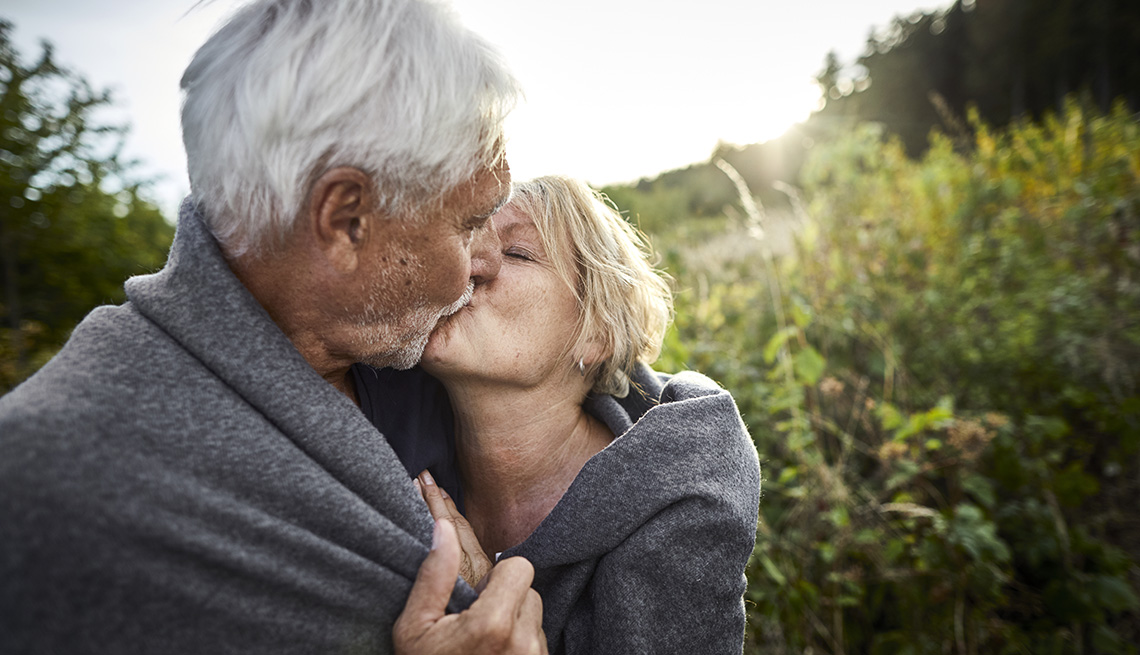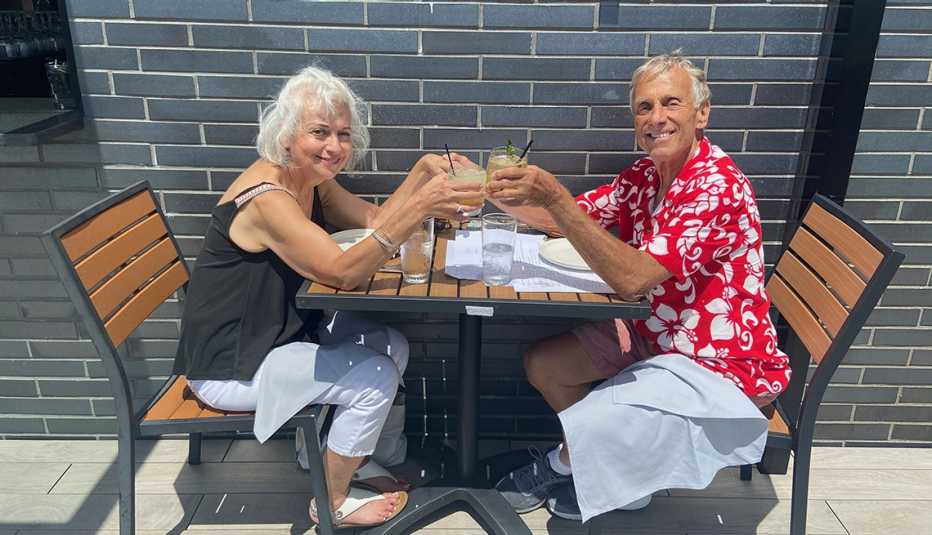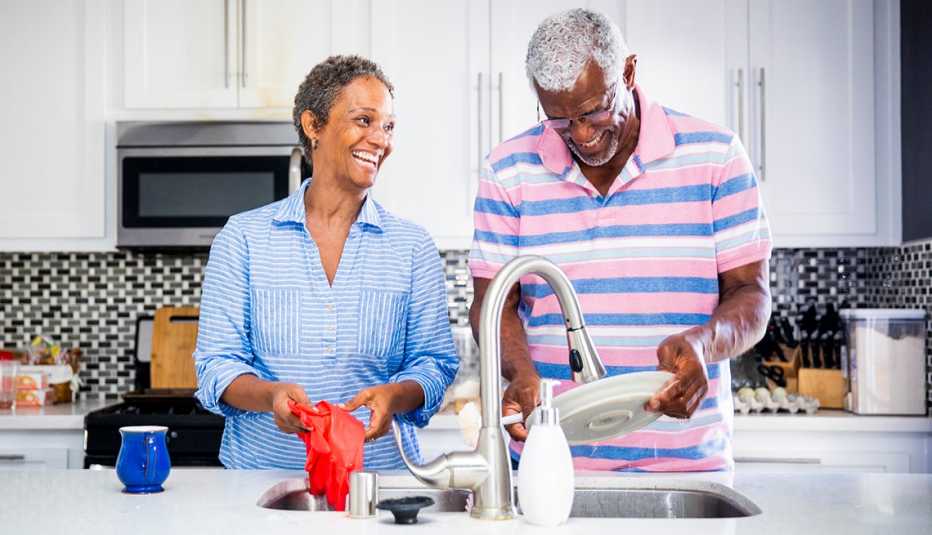Staying Fit
After a pandemic job loss in March, Susan Esco decided to focus on romance. Esco was single and did some virtual dating for the first three months. Once she found her partner, her sex life took off.
"My favorite aerobic exercise by far,” jokes Esco, 50, of Spokane, Washington. She was cautious over the threat of contracting COVID-19 but not scared.


AARP Membership— $12 for your first year when you sign up for Automatic Renewal
Get instant access to members-only products and hundreds of discounts, a free second membership, and a subscription to AARP the Magazine.
"I am a strong, independent woman who refuses to live in fear, so COVID did not dampen my dating/sex life,” Esco says. “In fact, it increased it as my time was free and the sexual connection actually brought with it a grounding effect during a tumultuous time.”
Esco is not alone. According to an NBC News poll of more than 9,000 people, 24 percent said the COVID outbreak has positively affected their sex lives. And in a separate poll of more than 24,000 U.S. adults, conducted by YouGov, 13 percent of those 45 to 54 and 5 percent of those 55 and older reported having more sex during the pandemic.
It makes sense, says sex therapist and sexologist Gloria Brame, of Colbert, Georgia. “[People] have more time for intimacy; they are more bored and more inclined to want to spend time [together],” she says. “There's been more sex-positive advice out there … that has encouraged people to maintain sexual activity during this time.”
Expressions of gratitude
Of course, COVID-19 presents new and interesting challenges for some, such as couples quarantining with others who don't typically live with them, and those who live far apart and cannot be intimate. Plus, some people are finding it difficult to find private moments because children (both adult and younger) are spending more time at home.
But couples 50 and older continue to find ways to surmount COVID-19 hurdles.
Diana Wiley, 77, of Seattle, lives 30 minutes from her husband, Brian, 73. The couple married more than two years ago but opted to continue living apart. They typically get together about three times a week. Since the coronavirus hit, they limit contact with others so they can still visit.
Wiley, a board-certified sex therapist and author of Love in the Time of Corona: Advice from a Sex Therapist to Couples in Quarantine., says the couple's sex life was always great, but COVID-19 has made it even better. “We're more in touch with our mortality with this life-and-death COVID crisis,” she says. “So we express a lot of gratitude for each other."



































































